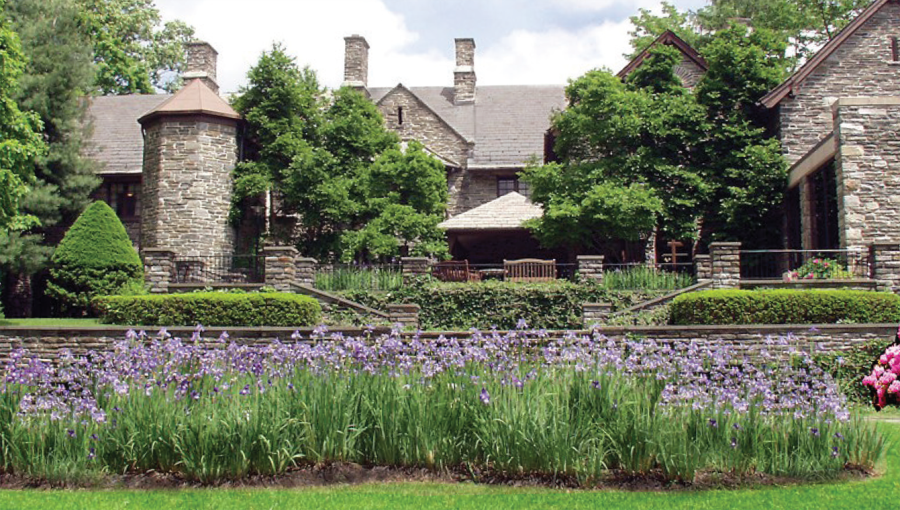Students Report Life in Isolation
Courtesy of The Inn at Villanova
Some students who test positive are quarantined at the Inn at Villanova.
February 17, 2021
Despite hopes of mass vaccination in the coming months, the COVID-19 pandemic continues to worsen with mutated variants and limited vaccine distribution. Just six weeks into the new year, the United States has recorded the highest number of cases, hospitalizations and deaths. Though there has been a slight decline from January to February, these reports still worry hospitals around the country as they quickly near full capacity—an issue the University is facing as well. To deal with this, the University is taking any precautions necessary, including renting out another hotel for isolation space in addition to The Inn at Villanova.
Due to the frightening rise of campus cases, the University thought it would be best to acquire more space for students who must isolate themselves after being contact-traced. Doing so will help avoid the possibility of returning to fully online classes and closing for the remainder of the semester. With this concern in the administration’s minds, the University was able to rent out the DoubleTree by Hilton in Plymouth Meeting, which is about 13 minutes from campus.
Upon arrival, students must sign a contract agreeing to abide by CDC guidelines. They then give their name to a University representative, who checks them in and takes them to a room. Most suites include a bedroom, living room, bathroom and closet. Bedrooms contain a king or queen-size bed, a desk to complete schoolwork and a TV. Living rooms have a table and couch to relax on situated in front of another TV. Other amenities include a mini-refrigerator and microwave.
“To be honest, it is definitely not the worst arrangement,” freshman Jeffrey Walsh said.
Walsh is isolating for the second time since the beginning of the pandemic.
Once students are settled in, accommodating hotel employees do everything they can to make their stay somewhat enjoyable, starting with meals. Every morning, students receive an invitation from the hotel staff to complete a survey that provides them the option to order something to eat. Three different options for each meal are offered, accompanied by a fourth choice that reads, “No selection. Ordering out.” This allows students to use apps like DoorDash, Postmates or UberEats. Breakfast is served at 9 a.m., lunch is at noon and dinner at 6 p.m. Though they have different choices, the menu tends to stay similar from day-to-day, with changes every so often. If a student does not want a full meal, he or she has the alternative to purchase a snack from the lobby’s convenience store, which has been paid for by the University prior to their visit. There is also water and soda in refrigerators on every other floor in case a student gets thirsty, and these have also been purchased by the University.
While students spend their time at the hotel, they work on school projects and homework but may become bored. If they do, they can watch one of the two TVs in their room or take walks around the building’s perimeter with the permission of the University representative, who is present at all hours of the day. Before they leave their room, students must partake in a survey that helps self-monitor symptoms of the virus they may have. If they show signs, they must report to a nurse that is there throughout the day to receive a COVID-19 test. If they test negative, the nurse advises them to go back to their rooms and rest. If they test positive, they are instructed to pack their clothes and are immediately transported to one of the University’s quarantine locations.
Though Walsh is making the most of his situation and keeping up with his schoolwork, he misses his friends on campus and cannot wait to get back. The University is fortunate to have been able to provide more beds for those who fall sick, but if there is another spike in cases, it may not be as lucky. Students and faculty are encouraged to recommit to the CARITAS Commitment every day to help slow the spread and avoid a situation like this.


